|
At their April 2024 meeting, the five members of the Federal Communications Commission (FCC) are expected to approve an order to enact new rules generally know as net neutrality. The rules will mark a return to similar rules enacted by the FCC in 2015 but later rescinded when FCC control flipped from Democrat to Republican-appointed members. (NOTE: The FCC is almost always a 3-2 partisan split, with the party of the president getting to appoint members who identify with their party). A key question is - will the new rules last? There are two scenarios that would have an outcome to push net neutrality back off the books.
Broadband Breakfast has a great article on how the net neutrality rules might be overturned in the future. In the meantime, assuming a 3-2 vote tomorrow, providers need to be prepared to follow the new rules for however long they last.
0 Comments
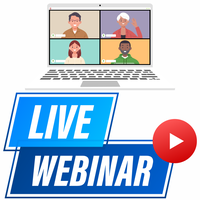 We're one week away from our webinar "Digital Equity Act Grants: What you need to know"! This webinar, a follow up to our discussion on digital equity at the 2024 CBAN Spring Summit, will be held at 1pm on Wednesday, May 1, 2024. It's free to attend but pre-registration is required. CLICK HERE to register. Every state’s digital equity plan is now approved, and money will start flowing later this year. In this session, CBAN’s Jon Willow and Bri Dillavou, and the NTIA’s Chris Hall (invited) break down each of the three grants, what they’re for, and who can apply. Come ready to take notes and ask questions of our experts.
Several community-focused broadband providers have joined CBAN during the month of April. With these additions and other CBAN is now 189 members strong! Hometown Fiber, based in Maple Grove, MN is a fiber optic infrastructure development company specializing in the planning, design, construction, and operation of fiber optic broadband networks. Altatec Telecommunications is a municipal broadband utility in Alta, Iowa. Voters in the northwest Iowa community of 2,000 authorized the system in 1997 and currently offers broadband internet, telephone, and cable TV. Palo Communications is the incumbent, member-owned broadband provider in and around Palo, Iowa. Using a can-do attitude typical of many small, rural towns, the people of Palo organized the company to bring telephone service to citizens in 1903. By 2014, Palo Communications had completely rebuilt its service territory with fiber-to-the-premise. ACD.net is a fiber network provider based in Lansing, MI. They are operating in several markets and building in seveal others in both Michigan and Ohio. We want to welcome these new provider members to CBAN and looking forward ot having you part of the conversation!
Having just caught our breath from a successful Spring Summit, CBAN is excited to announce the dates for our 2024 Fall Forum! As in 2023, the Fall Forum will be held during National Net Inclusion Week. Virtual sessions wil be offered on October 8th and 9th from 10am to Noon Central. On day three of the Forum on October 10th, we will have a hybrid event that may be attended in person at West48 in West Des Moines, Iowa or online. We're just starting the planning process and would LOVE to hear your input on topics, sessions, and speakers. Toss us your ideas at [email protected]. We'll include more information about the Forum as we continue planning!
Big telecom was at it again new he New York General Assembly, trying to undercut municipal broadband's participation in the billion-dollar "ConnectAll Initiative". Fortunately for the people of New York, the assembly passed the bill on Friday without the anti-muni amendment. Our friend Sean Gonsalves at Community Networks has a great article about the motivation behind the amendment, the entities trying to force it (surprise, Charter Spectrum), and why the bill that did pass will help make municipal broadband projects in New York state more feasibile. While you're checking out the article linked above, make sure you bookmark the Community Networks website, always an amazing source of content on community-focused broadband providers across the US.
More than 60 people attended the 2024 CBAN Spring Summit on April 9, 2024 at Stoney Creek Hotel in Johnston. Another 20 or so folks from across the nation tuned into our live stream from 2pm to 5pm on the 9th.
We're still in recovery mode, so we will post more about the Spring Summit in next week's Broadband Bytes! 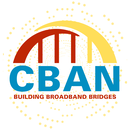 As a followup to our well-attended 2024 CBAN Spring Summit, CBAN has set up a webinar to help educate the CBAN network about the upcoming round of digital equity grants available through states and, later, directly from the NTIA. The webinar is May 1, 2024 at 1pm Central. Every state’s digital equity plan is now approved, and money will start flowing later this year. In this session, CBAN’s Jon Willow and Bri Dillavou, and the NTIA’s Chris Hall (invited) will break down each of the three grants, what they’re for, and who can apply. Come ready to take notes and ask questions of our experts. The webinar is free, but registration is required. CLICK HERE to register and be a part of the conversation on May 1st!
The National Telecommunications Information Administration (NTIA) gave approval to the digital equity plans for all 50 states, Puerto Rico, and Washington D.C. on April 12, 2024. Earlier, states received funding that was used to develop their individual plans. With plan approval, states are now eligible to apply for funding to implement those plans. While the amount that each state is eligible has been announced, states have until May 28th to actually apply for the funds.
The City of Eagle, Idaho wants to build a city-wide fiber network, and has retained a consulting firm to help them identify the best way to make it happen. The council unanimously approved an agreement with Entry Point Networks to develop a build out plan and explore financing options. The city has already utilized $6.7 million in ARPA funds to connect city facilities and reach a limited number of homes and businesses. To build out the rest of the town, which could cost $40 to $60 million, the city will explore various models, such as the use of "local improvement districts" like Ammon, Idaho used for their open access network, or by creating a non-profit organization to finance and own the network, such as Bozeman, Montana did.
|
Broadband Bytes NewsPresented by the Community Broadband Action Network and curated by Curtis Dean. Archives
July 2024
Categories
All
|

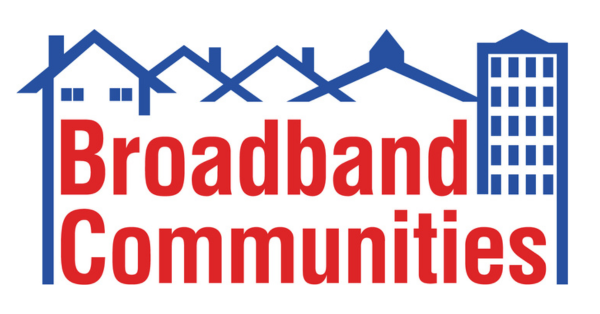
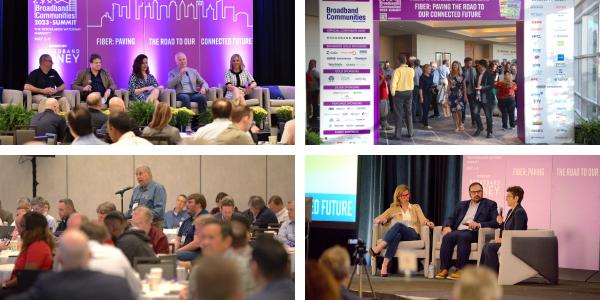






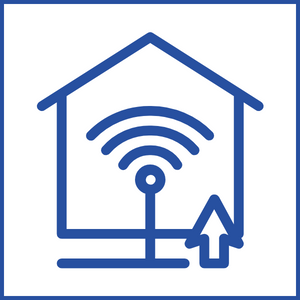
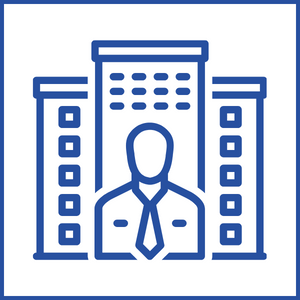
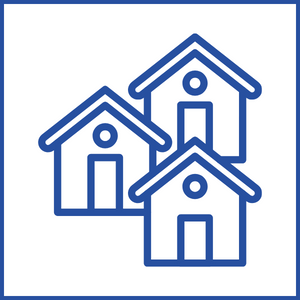
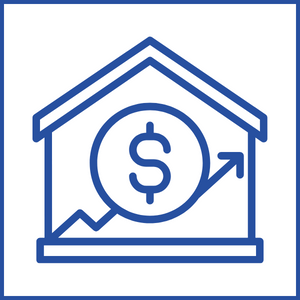
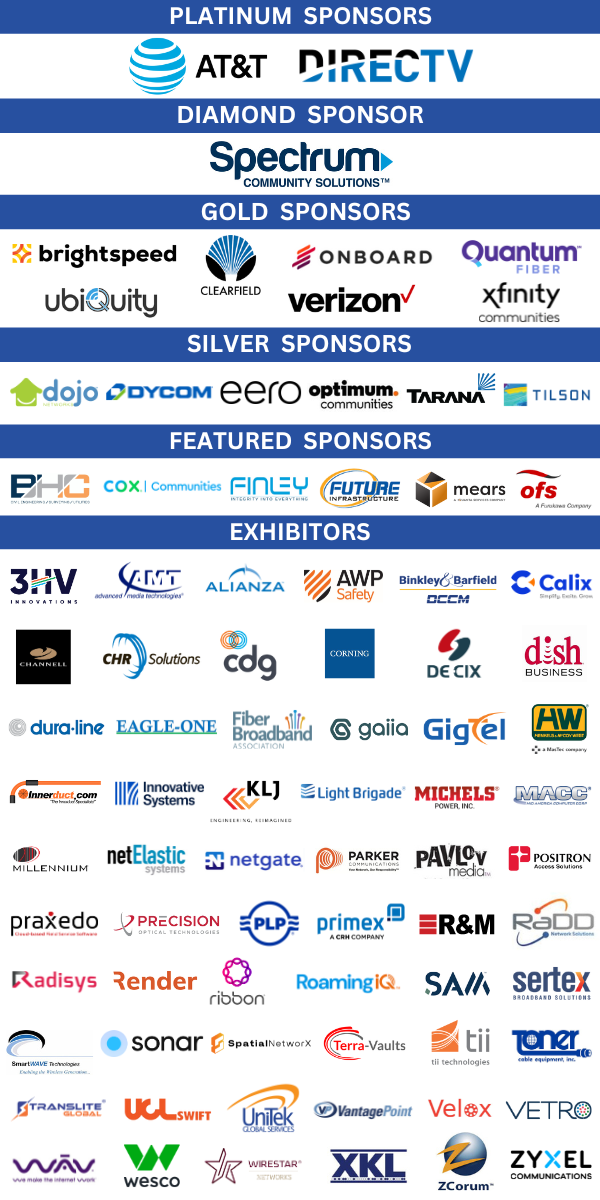
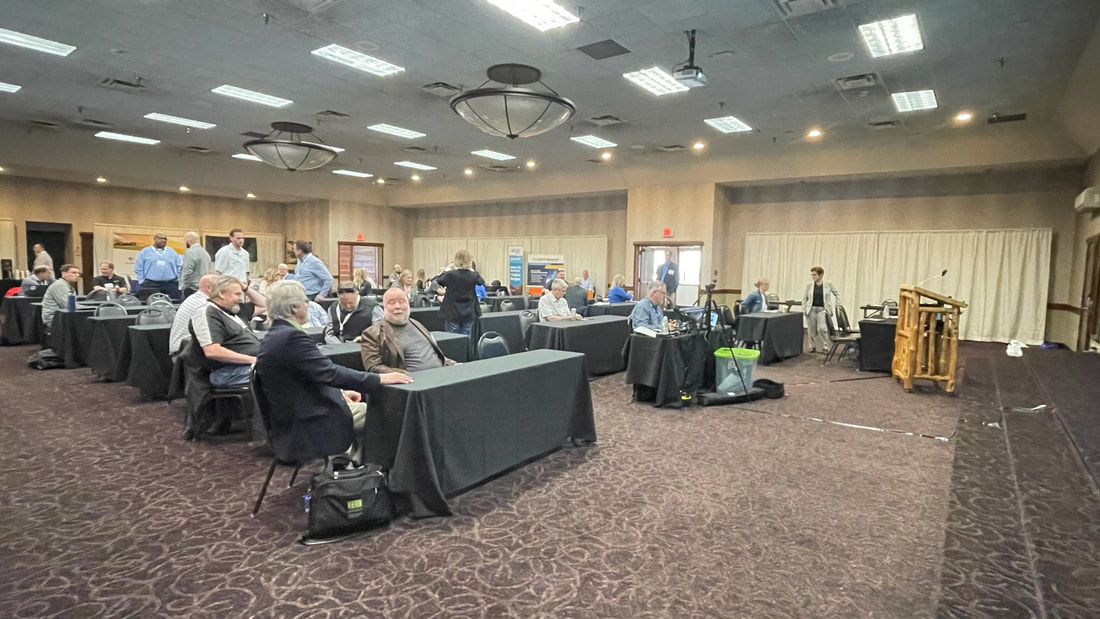
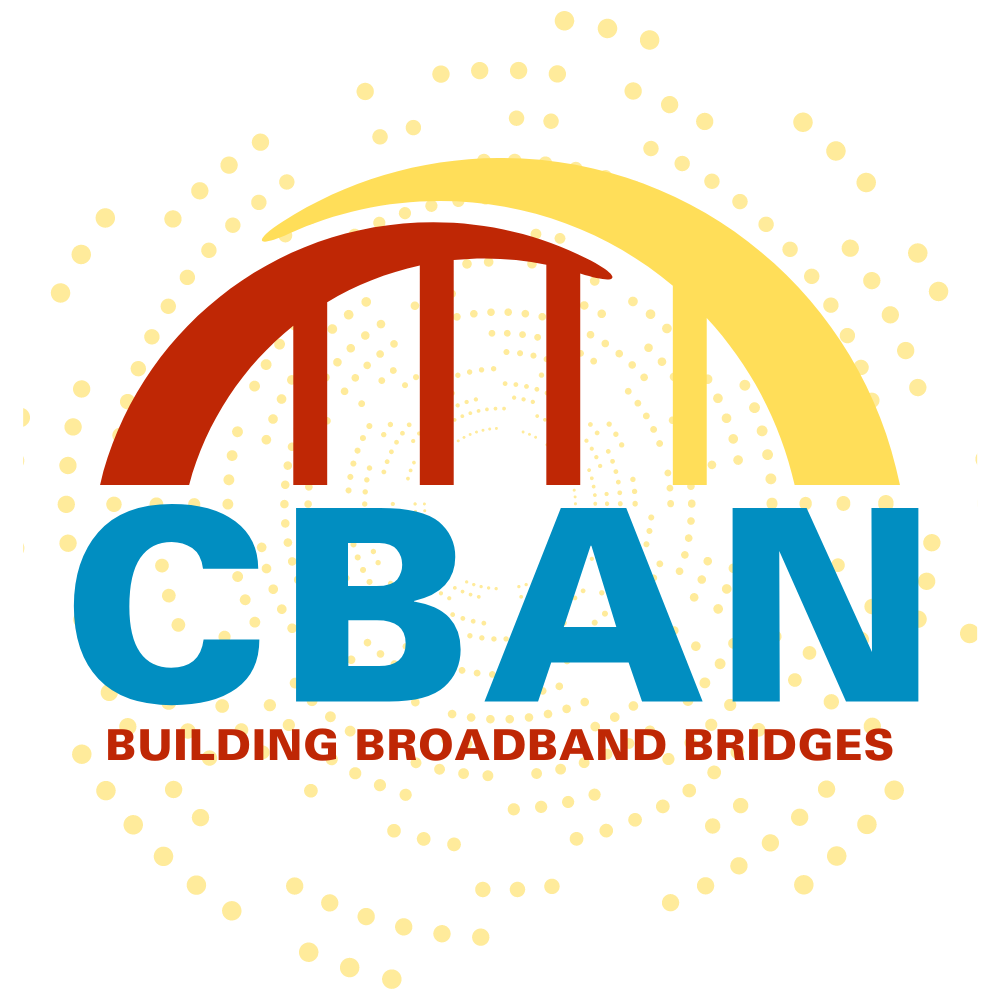
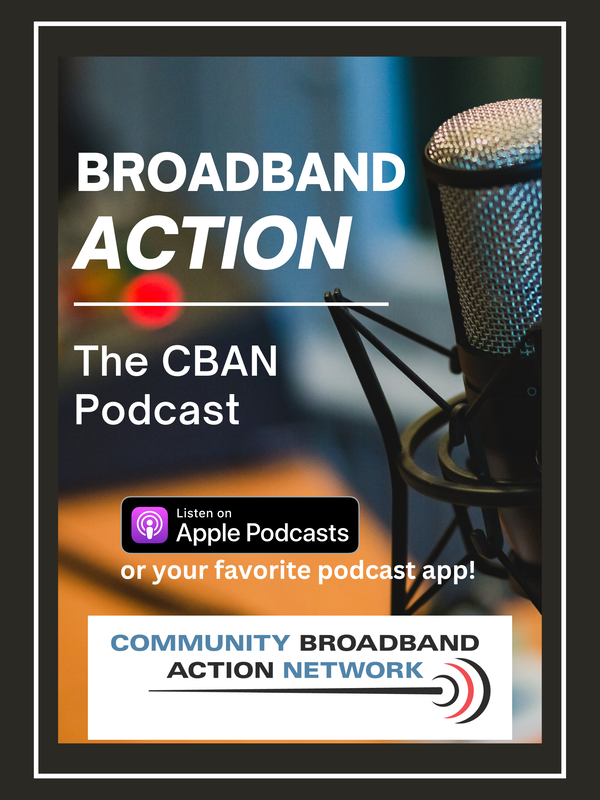
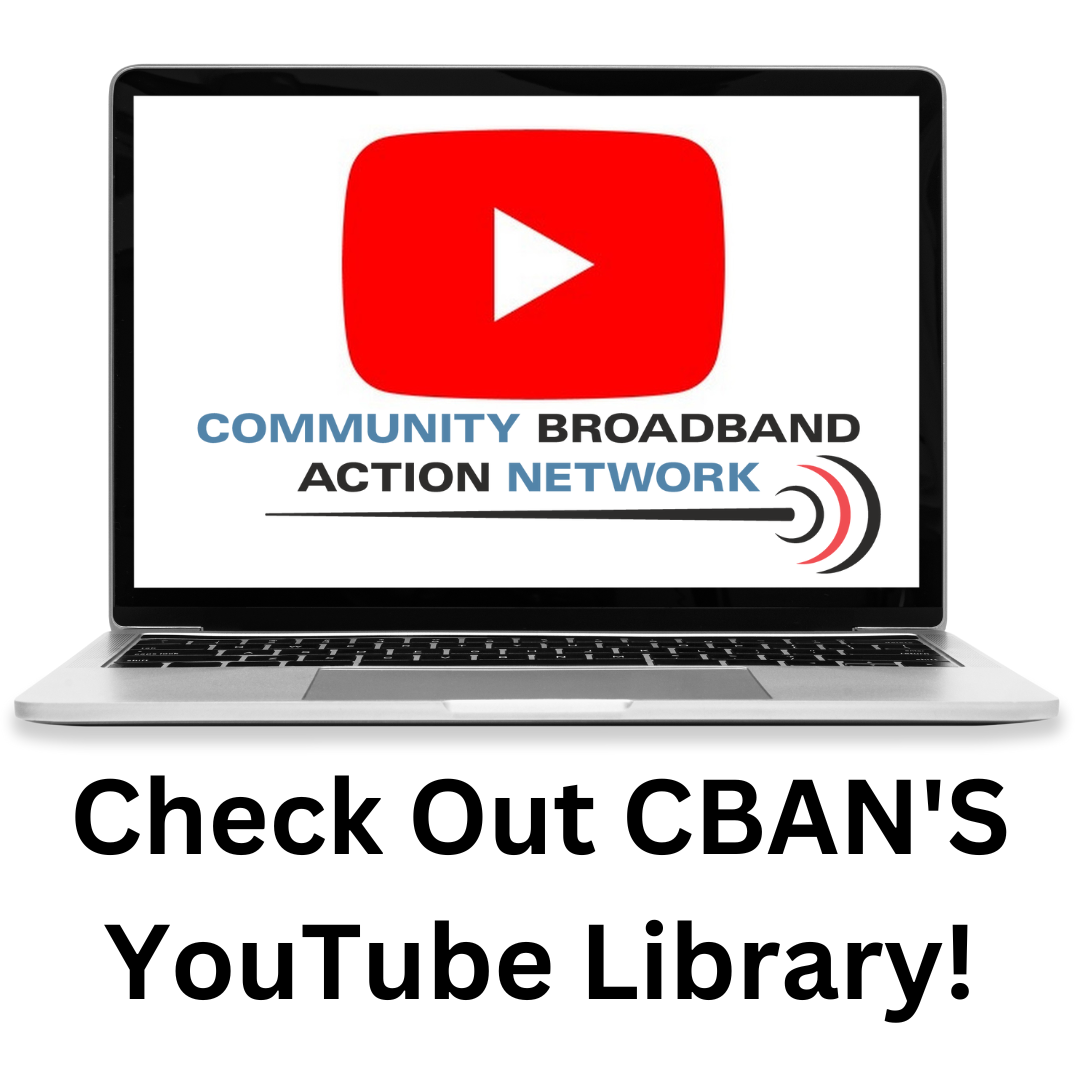
 RSS Feed
RSS Feed
